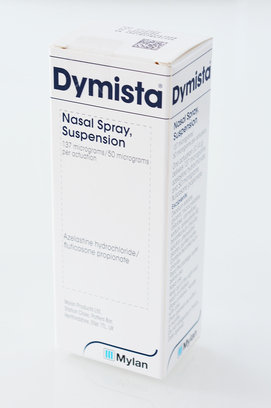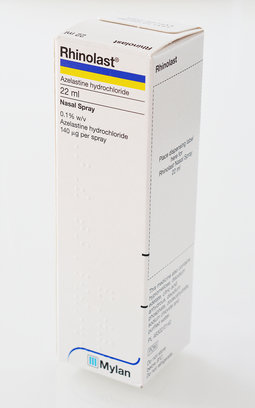Before we can issue a treatment, you’ll need to answer a short assessment. This assessment will help us recommend the right treatment for you.
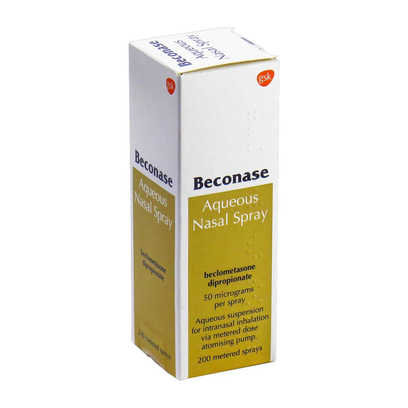
Beconase Aqueous Nasal Spray
From £7.99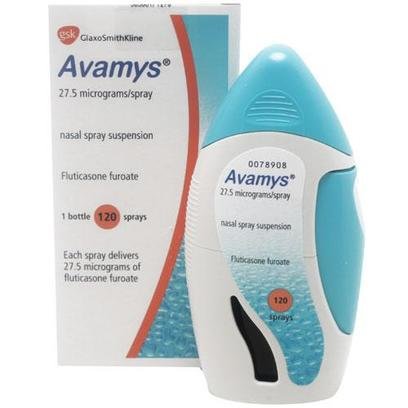
Avamys Nasal Spray
From £19.95Dymista Nasal Spray
From £19.99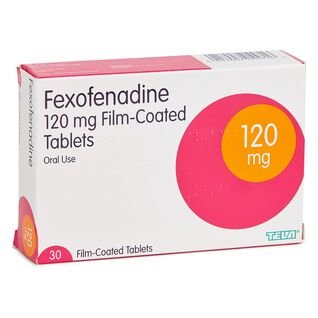
Fexofenadine
From £4.99Rhinolast
From £21.99
Coryen Nasal Spray
| Medication | Ashcroft Pharmacy |
|---|---|
| 1 x1 | £12.35
Order now |
Avamys Nasal Spray
Fexofenadine
| Medication | Ashcroft Pharmacy |
|---|---|
| 120mg x30 tablets | £7.99
Order now |
| 120mg x60 tablets | £16.99
Order now |
| 120mg x90 tablets | £23.99
Order now |
| 120mg x15 tablets | £4.99
Order now |
| 180mg x90 tablets | £33.99
Order now |
| 180mg x30 tablets | £12.99
Order now |
| 180mg x60 tablets | £22.99
Order now |
| 180mg x15 tablets | £6.99
Order now |
